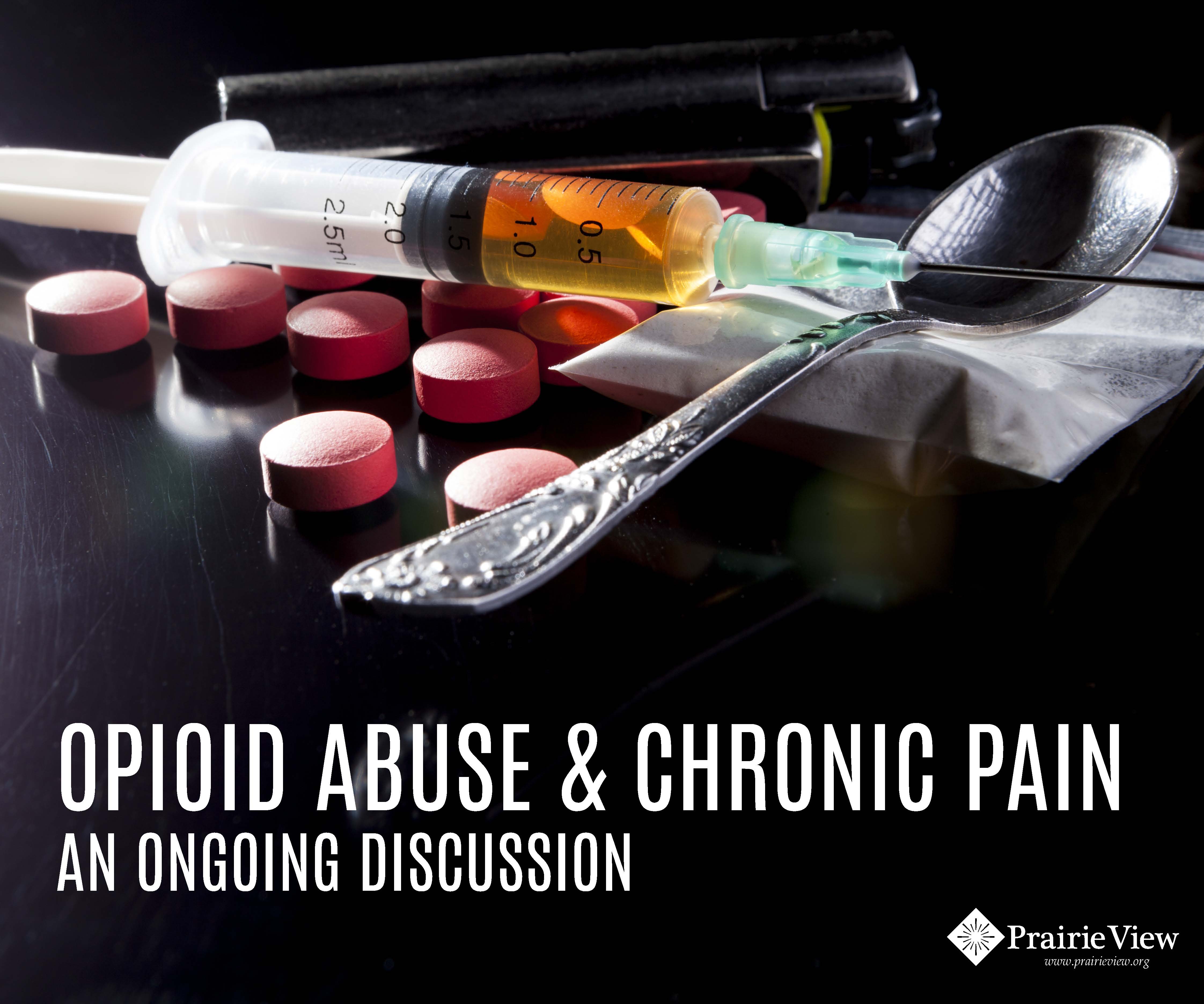Helping cancer patients cope

Helping cancer patients cope with this disturbing condition requires a lot including healthy living
Helping cancer patients cope: Attitude and beliefs
People value the care they get from their cancer care team, but many also want to take an active role in dealing with their illness. Dr. Dalal Akoury the MD and founder of AWAREmed Health and Wellness Resource Center has been in the medical practice for well over two decades and she is going to be very instrumental in helping cancer patients cope with this condition progressively as we continue in the discussion. She says that for a better understanding of these concerns, it is important to segment the useful ideas on coping with cancer in to two categories. The divisions is based on attitudes and beliefs that clearly are beneficial (and she calls them the Do’s) and those that are harmful (which she referred to as the Don’ts). The following are some of the doable.
Helping cancer patients cope: The doable attitudes
Only go for those coping ways that have been helpful for you in the past in solving problems – It is important to note that everyone will only want to associate with those people who will add value to their lives. Therefor be selective and only go for those whom you will feel comfortable sharing and talking with about your illness freely. In the event that you can’t talk to anyone, you could opt for meditation, relaxation or listening to music as alternatives of calming you down. Do what it takes and only apply what has worked for you before and in the unlikely event that nothing works and coping is becoming difficult, then at this point getting professional help becomes necessary.
Deal with cancer “one day at a time – For effective dealing with cancer, it is very important that you keep distance from elements of worries. The business of coping with cancer will be less tasking when broken into smaller units which are manageable. By doing this, you will be able to handle your daily objectives.
Register for support and self-help groups – Only associate with value additions groups and leave any group that makes you feel worse.
Find a doctor who lets you ask all your questions – In the journey of answering this question “how can I help myself cope with cancer?” it will be very important that you in all your association there must be the feelings of mutual respect and trust. Always insist on being a partner in your treatment. Doing this will enable you to be informed of the problems you are likely to face before they come, and addressing them will become even easier.
Explore spiritual and religious beliefs and practices, such as prayer, that may have helped you in the past – If you don’t consider yourself a religious or spiritual person, get support from any belief systems that you value. This may comfort you and even help you find meaning in the experience of your illness.
Keep a personal notebook of your doctors’ numbers, dates of treatments, lab values, x-rays, scans, symptoms, side effects, medicines, and general medical status – Information about the cancer and your treatment is important to have, and no one can keep it better than you.
Keep a journal if you find a need to express yourself without holding back – It can help you process the journey, and you may be amazed by how helpful it can be.
Helping cancer patients cope: Attitude and beliefs









